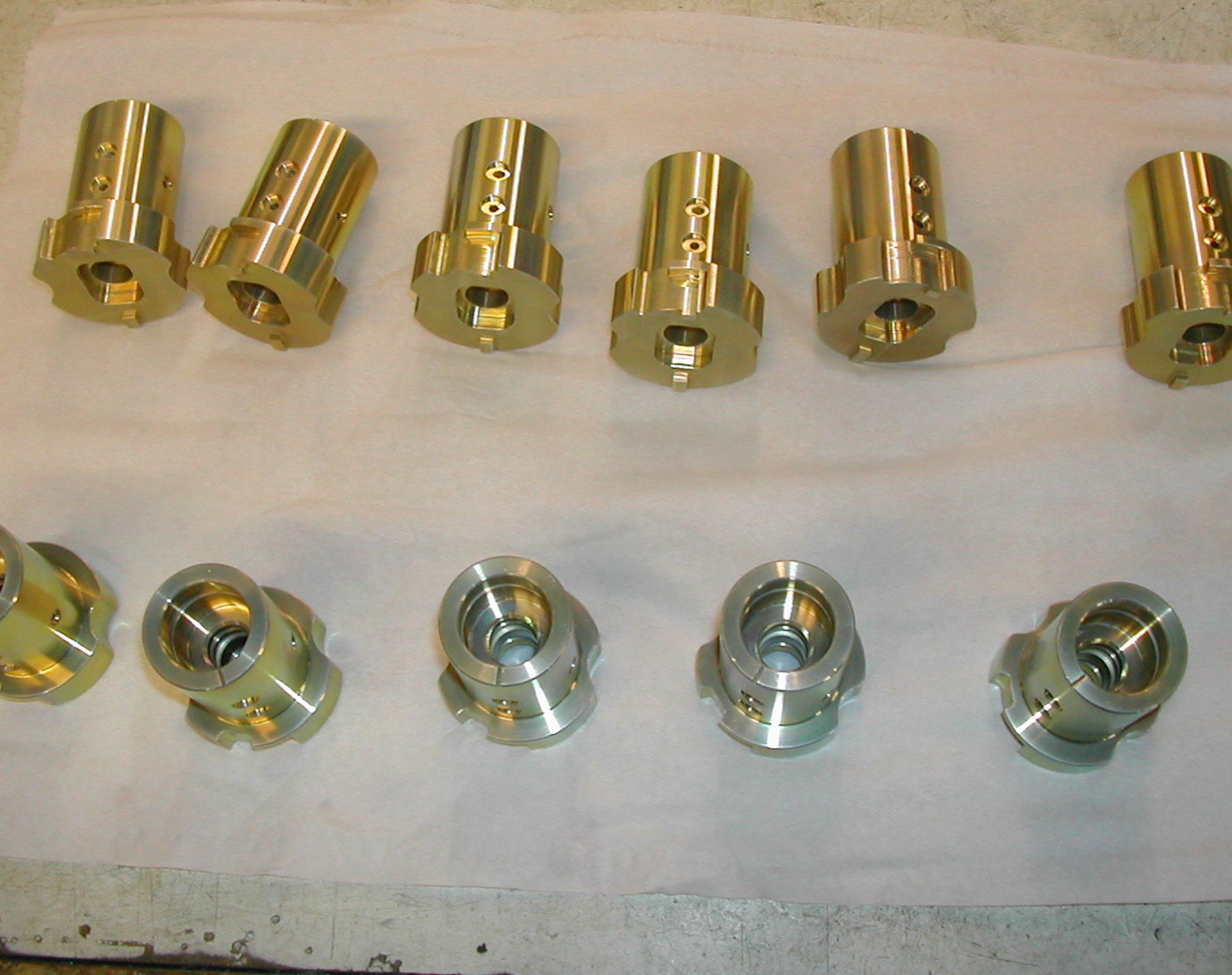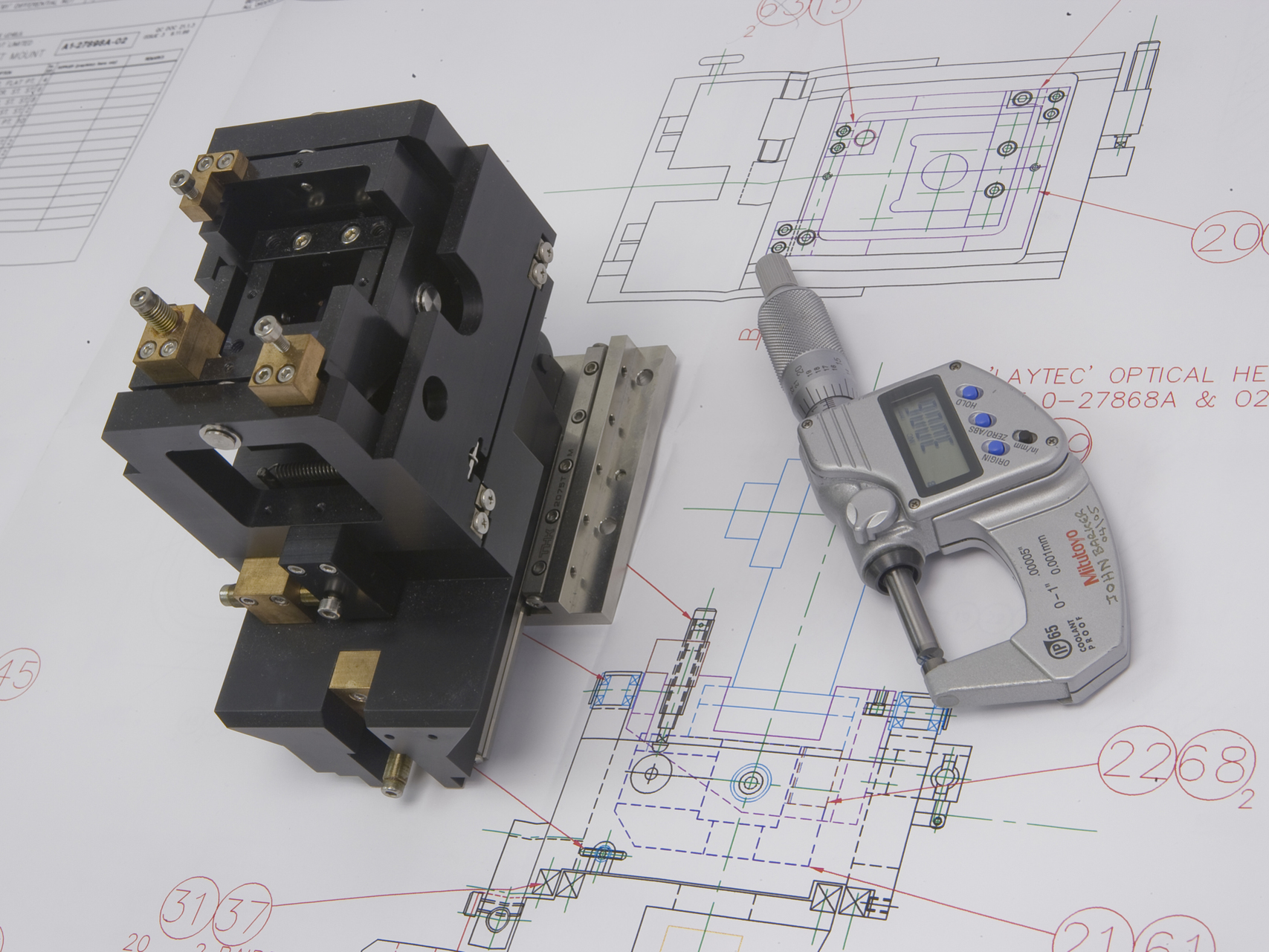Precision plating in Cambridgeshire
Nickel plating
Electroless nickel is a nickel phosphorus that can be applied to metallic surfaces and semi conducting materials to provide uniform coatings of even thickness. Mainly used among engineering products to make sure that the coating is uniform. Another major advantage is that it can be plated onto steel, brass, copper, and aluminium which is extremely helpful as it will ensure that different materials can be made to look alike in appearance.
Typical applications of electroless nickel are high precision components where close tolerance finishes must not be interfered with, such as scanning electron microscope columns etc., moulds for plastic and zinc base alloy die castings, gauges and hand tools.
On moulds, resistance to corrosion is provided. On moulds for zinc base alloys the lower thermal conductivity of the electroless nickel layer can inhibit premature freezing of the metal to die casting surfaces.


On moulds for glass, a coating of electroless nickel will prevent sticking and ease release of the glassware from the mould.
On moulds for plastic and rubber, electroless nickel can have advantages over hard chromium, in those problems due to hydrochloric acid attack in the coating are avoided.
Electroless nickel plating provides a technique for the application of a coating which is hard 450-500HV as plated and up to 1100HV after heat treatment and has a high resistance to wear and abrasion.
Typical applications include gears, bearings, crankshafts, pumps, hydraulic cylinders, automotive components including ball studs, transmission thrust washers and different cross shafts on which improved resistance to galling type wear is obtained. The deposit has good wet ability and therefore tends to hold a lubricant film better than chromium.
Well-equipped plating facility
Electroless nickel plating
Clear and black anodise
Alocrom 1200
Surtec 650
Capacity of 600mm X 600mm
Full degreasing facilities
Vacublast vapor honing capacity 300mm X 300mm



